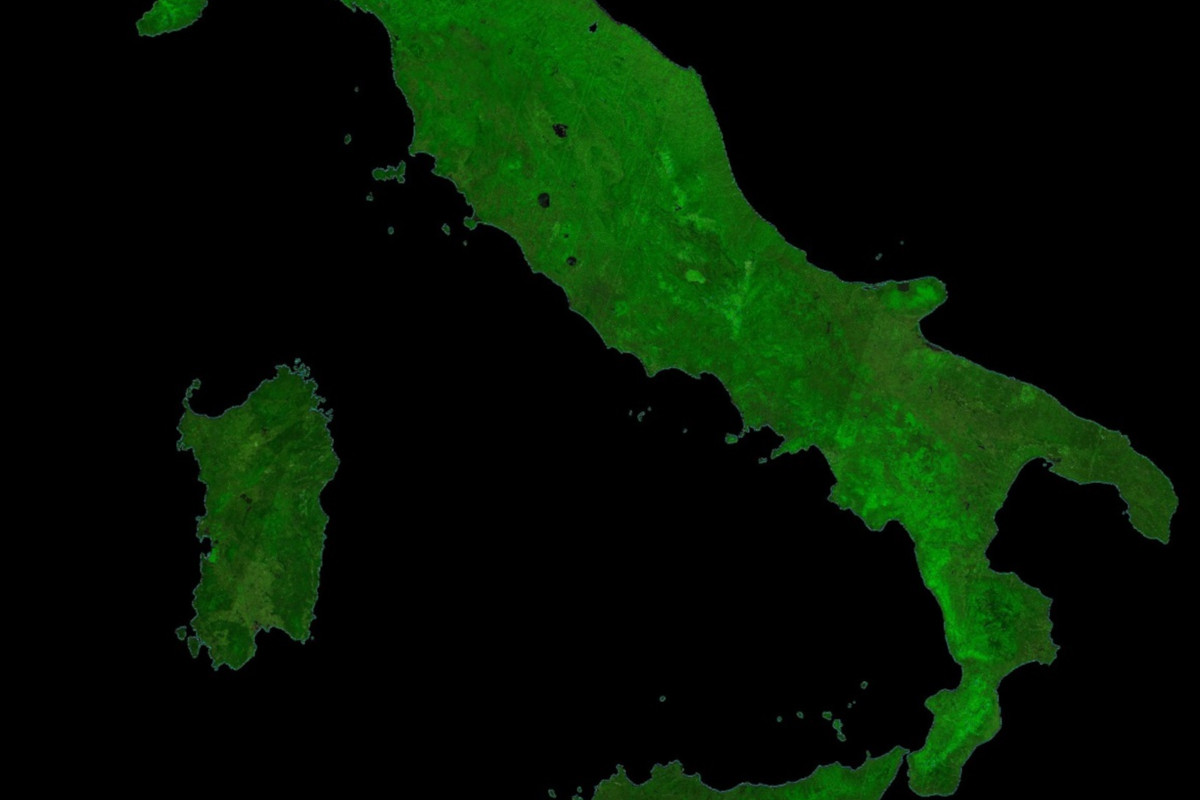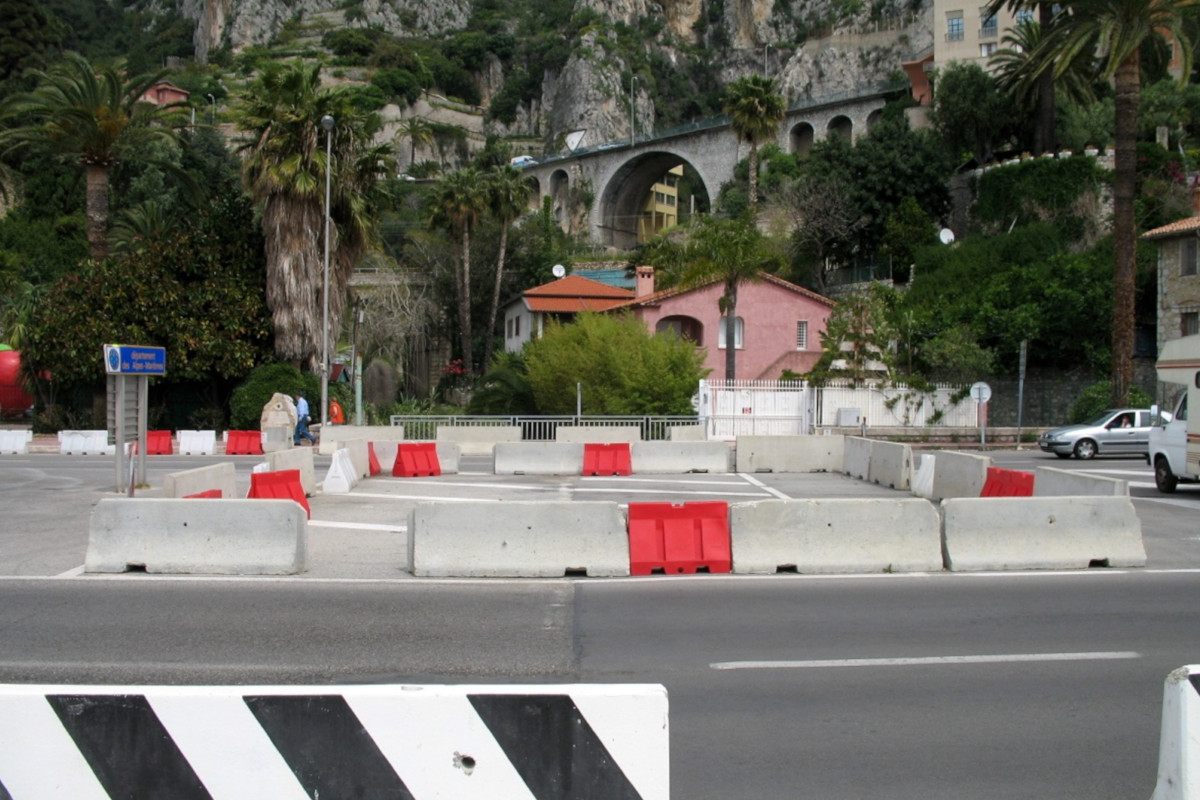EU: Detention at the borders to increase "voluntary" return of migrants
Topic
Country/Region
05 May 2021
A new strategy on "voluntary" return and reintegration unveiled by the European Commission at the end of last month notes that the use of detention "can increase the uptake of voluntary returns at early stages of the return process."
Support our work: become a Friend of Statewatch from as little as £1/€1 per month.

The proposed introduction of "return border procedures" - whereby people arriving at the EU's borders could be subject to mandatory detention for up to 10 months, likely rendering it extremely difficult to access legal assistance and other services - is seen as key to increasing voluntary returns.
The strategy document underscores that in the "return border procedure", which is part of a new Asylum Procedure Regulation proposed last September (pdf) people will be "available and more willing to cooperate with the authorities."
This is perhaps best-translated as 'locked up and out of options'.
New actions on returns
The Commission's strategy sets a range of proposals for increasing the number of "voluntary" returns from the EU.
It places heavy emphasis on proposed legislation set out last September as part of the 'Pact on Migration and Asylum', calls for full use of Frontex's new powers, and for the stepping up cooperation with countries of transit (encouraging people to return to their country of origin before they even reach EU territory) and countries of origin (to ensure "sustainable reintegration").
The strategy on voluntary return follows in the footsteps of a more general Communication on return and readmission procedures.
New roles for Frontex "totally irresponsible"
The proposals to maximise the use of Frontex's powers in the field of voluntary return were condemned by the European Trade Union Confederation (ETUC), given the ongoing investigations into Frontex for alleged involvement in pushbacks and other malpractice.
Ludovic Voet, ETUC Confederal Secretary, said:
"It is totally irresponsible of the European Commission to give Frontex more powers over deportations at the very moment they are under investigation for involvement in illegal pushbacks of migrants."
European Commission vice-president Margaritas Schinas, on the other hand, proudly announced that "Frontex will become the European Union's returns agency," a development analysed in the report Deportation Union, published last year by Statewatch.
As well as taking over various nationally-controlled networks - most prominently, the European Network on Return and Reintegration - Frontex is to appoint a new Deputy Executive Director for Return.
There will be a counterpart to this new high-level post in the Commission, which will recruit a 'Return Coordinator', and set up a 'High Level Network for Return'.
Documentation
- Communication: The EU strategy on voluntary return and reintegration (COM(2021) 120 final, pdf)
- The EU framework on return counselling and the Reintegration Assistance Tool (SWD(2021) 121 final, pdf)
- Press release: Migration management: New EU Strategy on voluntary return and reintegration (pdf)
- Q & A (pdf)
The strategy is built on seven "pillars", each with a number of proposed actions:
1. A more effective legal and operational framework
- The Commission will work with the European Parliament and the Council to advance and conclude negotiations on the various elements of the New Pact, in particular the Regulation on Asylum and Migration Management, the recast Return Directive, the Asylum Procedures Regulation and the Eurodac Regulation proposals, to further reinforce the return legal framework and support the implementation of this strategy.
- Member States should make full use of the operational assistance that Frontex can offer in relation to voluntary return and initial reintegration.
- Frontex should increase the number of return operations – including voluntary returns – it carries out.
- Frontex should appoint as a matter of priority the Deputy Executive Director to lead the dedicated Return structure of the Agency.
- Frontex should take over the activities carried out under the European Return and Reintegration Network by mid-2022.
2. Effective coordination between all stakeholders
- Building on the experience in partner countries on linking reintegration with development, the Commission, in close cooperation with the High Representative, will ensure coordination in relevant partner countries among all parties involved in the return and reintegration process.
- The Return Coordinator and the High Level Network for Return will support efforts to ensure coherence and consistency of Member States’ actions on voluntary return and reintegration.
3. Supporting voluntary return and reintegration of migrants from and between third countries
- The EU will provide support for voluntary return and reintegration of migrants from third countries of transit and destination to countries of origin, including through further exploration of possible partnerships at regional and multilateral level.
(Under this heading, the document places high value on "the African Union – EU – United Nations Taskforce on migration in Libya established in November 2017," described as an "innovative trilateral approach, bringing together all relevant stakeholders, [which] has effectively supported voluntary returns from Libya, with an unprecedented political engagement and support by the African Union that has addressed operational and political bottlenecks, such as providing consular assistance in particularly challenging circumstances."
4. Effective return counselling and referral
- Member States should engage in early, active and effective outreach to irregular migrants, while taking due account of vulnerabilities, and develop effective return counselling structures (both for in-person and online counselling) following the EU framework for return counselling.
- The European Return and Reintegration Network should finalise the common curriculum for return counsellors by mid-2022.
- Frontex should step up its training on return counselling, notably for standing corps return experts, following the adoption of the common curriculum.
- Member States should regularly and frequently update the Return and Reintegration Assistance Inventory and streamline the use of the Reintegration Assistance Tool in return counselling and referral processes; the Commission will provide regular training on how to do so.
- The Commission, with the support of Frontex, should further develop EU-level information tools such as the Return and Reintegration Assistance Inventory and the Reintegration Assistance Tool, including by promoting their interoperability with national return case management systems, and ensure appropriate governance structures for them.
5. Ensuring quality of support
- The Commission will make available a quality framework for reintegration service providers based on common quality standards, in cooperation with the Member States, Frontex and the European Return and Reintegration Network by mid-2022, and it will promote its use.
- Frontex will apply the quality framework in managing the joint reintegration services provided to returnees who are referred to the Agency by national authorities.
6. Fostering sustainability of reintegration support and ownership of partner countries
- The Commission will integrate and streamline as much as possible return and reintegration into development programming activities at national and local level in partner countries; referrals to development programmes (such as technical and vocational educational training and job creation actions) should be increased. In this respect, Commission services, the European External Action Service and EU Delegations will cooperate closely with Member States and local service providers of reintegration services.
- The Commission, in close cooperation with the High Representative, will support the development and implementation of the legal, policy and operational frameworks for reintegration in partner countries.
- To foster ownership of reintegration by partner countries, the Commission, together with all stakeholders, will work in partnership with authorities and local communities of those countries in planning and implementing reintegration programmes.
- The Commission, where relevant with the support of Frontex, will support the strengthening of third countries’ capacity to provide voluntary return and reintegration services.
7. Funding for voluntary return and reintegration
- The Commission will take account of the objectives of this strategy in Member States’ multi-annual programmes under the Asylum, Migration and Integration Fund as well as in the programming of the Neighbourhood, Development and International Cooperation Instrument - Global Europe and the Instrument for Pre-Accession Assistance III.
- Member States should continue supporting the voluntary return and reintegration of migrants returning from their territory through their national budgets as well.
- The Commission will support research in the field of voluntary return and reintegration.
Image: Bjørn Giesenbauer, CC BY-SA 2.0
Our work is only possible with your support.
Become a Friend of Statewatch from as little as £1/€1 per month.
Spotted an error? If you've spotted a problem with this page, just click once to let us know.

